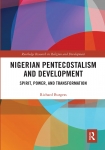 A lengthy report on evangelicals recently sparked debate in France: "Evangéliques, un succès pas si angélique" ("Evangelicals, A Success Not So Angelic"), broadcast on public television (France 2, program Envoyé Spécial).
A lengthy report on evangelicals recently sparked debate in France: "Evangéliques, un succès pas si angélique" ("Evangelicals, A Success Not So Angelic"), broadcast on public television (France 2, program Envoyé Spécial).
Approached from the angle of abuse and manipulation, it could have fostered an interesting debate, but it is undermined by a highly questionable methodology and bias (including confusion between priest and pastor, mass and worship service, etc.).
As a result, the documentary provoked disapproval and misunderstanding, particularly from the two main French umbrella organizations, the Protestant Federation of France (link) and the National Council of Evangelicals of France (link), both of which issued public statements.
It should be noted that a few days earlier, another report, this time on a Spanish public channel, also addressed the evangelical issue from an anxiety-inducing perspective (link).
This led Evangelical Focus media to highlight that “It is difficult to understand how information about the evangelical reality in Spain can be reported without a single opinion from at least one of its representatives” (link).
Is all this fair game after all, or is being a religious minority in Europe still a challenge today ?
Nevertheless, no doubt these two controversial public TV reports provide additional material to a contemporary history of pluralism and minority protestant networks in secular Europe (link).
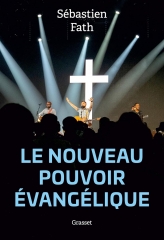 "Evangelicals or evangelists? Those discussed in this book are not the four evangelists, Matthew, Mark, Luke, and John, but rather the evangelicals, the believers who identify with this branch of Protestantism.
"Evangelicals or evangelists? Those discussed in this book are not the four evangelists, Matthew, Mark, Luke, and John, but rather the evangelicals, the believers who identify with this branch of Protestantism. 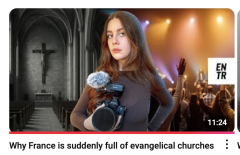

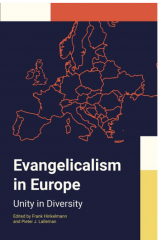
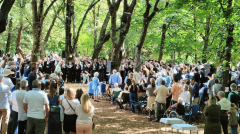
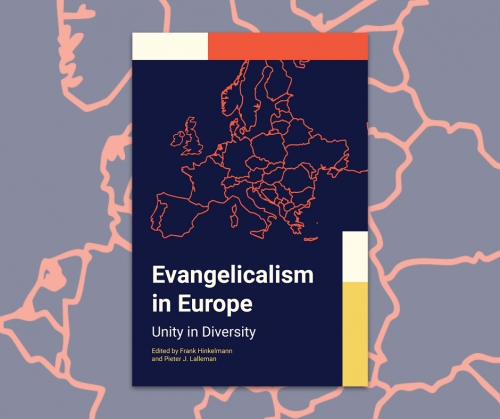
 Evangelical Focus is a Christian online news publication based in Europe, launched in 2015 under the Spanish and European Evangelical Alliances. It provides daily news, reports, interviews, and opinion pieces. It is coordinated by Pedro Tarquis (editorial director) and Joel Forster (management and operations). The platform is available in English and engages audiences through its website and social media
Evangelical Focus is a Christian online news publication based in Europe, launched in 2015 under the Spanish and European Evangelical Alliances. It provides daily news, reports, interviews, and opinion pieces. It is coordinated by Pedro Tarquis (editorial director) and Joel Forster (management and operations). The platform is available in English and engages audiences through its website and social media
 MIVILUDES
MIVILUDES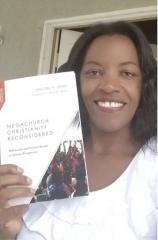
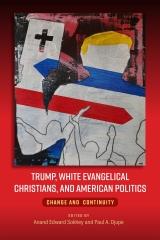
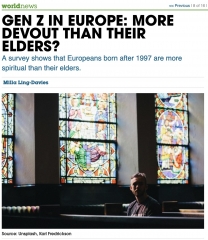
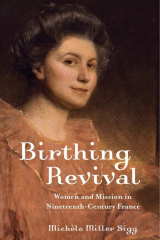
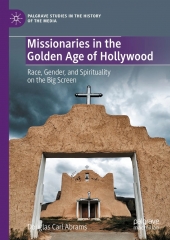
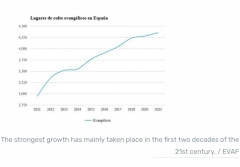
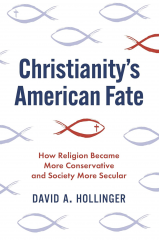
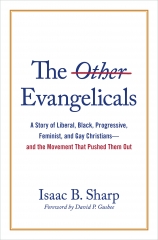
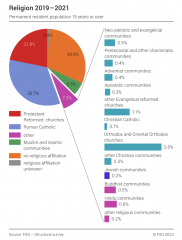
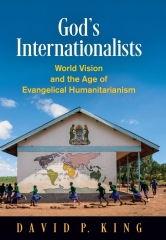
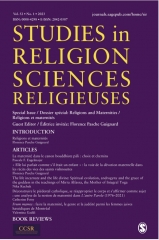 Evangelical Protestantism is often studied from the angle of proselytizing and conversion dynamics.
Evangelical Protestantism is often studied from the angle of proselytizing and conversion dynamics.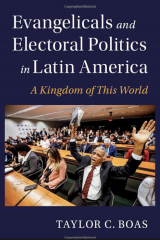
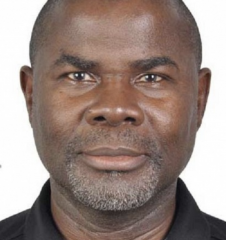
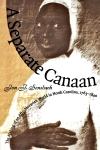
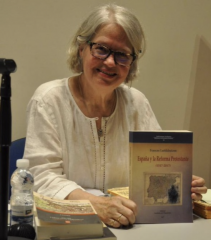
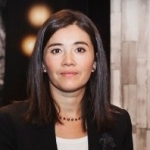
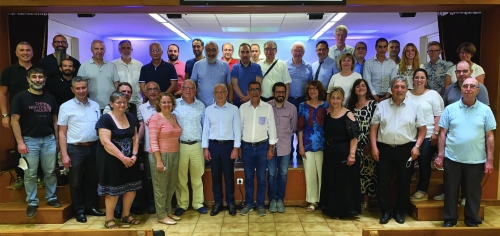


 Amid fear and polarisation, French evangelicals share “hope” as “churches continue to multiply”, says historian
Amid fear and polarisation, French evangelicals share “hope” as “churches continue to multiply”, says historian